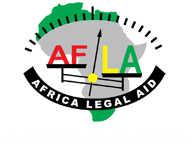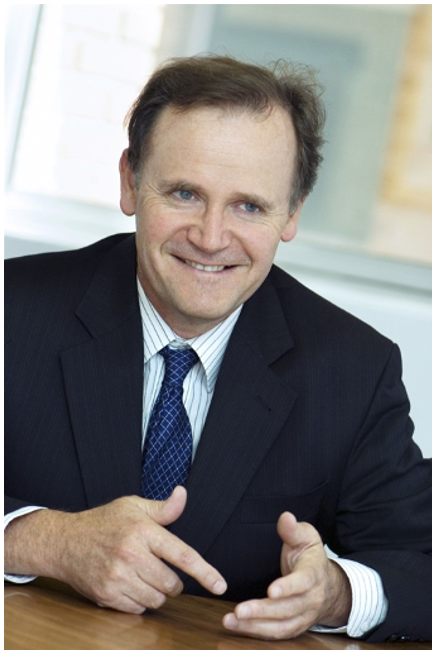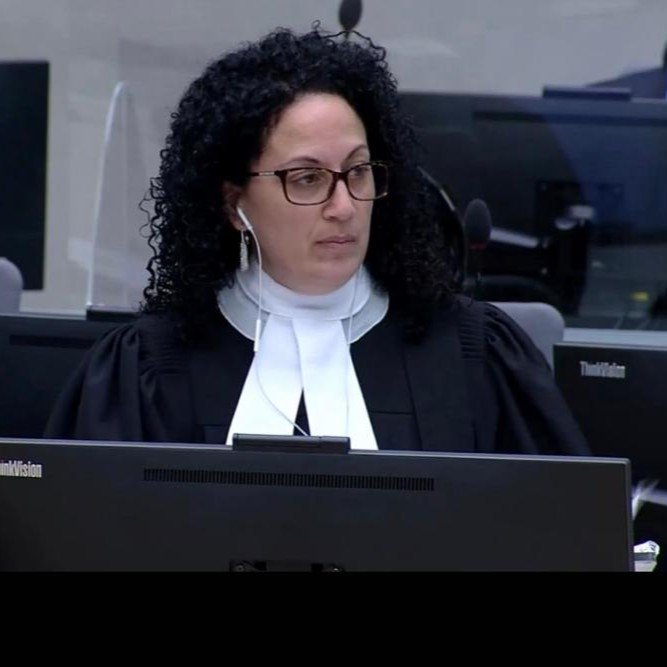Our Governing Council
‘The Governing Council of AFLA is the face of courage and devotion to human rights protection. Each one of the members of the Governing Council is a human rights luminary. AFLA’s impressive accomplishments have been guided by this illustrious body. It has given AFLA intellectual direction and international visibility.’
- Report of External Facilitator, AFLA Strategic Review
Moray Hathorn (South Africa) – Chair
Moray Hathorn is a former partner of Webber Wentzel law firm and an attorney at the Legal Resources Centre. He is an expert in dealing with civil and socio-economic rights issues. He has extensive experience in land reform practice, the law relating to traditional authorities, the right to housing and gender equality and assisting non-profit organisations.
Hathorn’s expertise extends to administrative and constitutional law. He has been involved in litigation in the Magistrate’s Courts, the Labour Court and Land Claims Court, the High Court and Constitutional Court and in negotiations with government at the municipal, provincial and central levels, as well as at the ministerial level. In matters of international criminal justice, he has been involved in the Al-Bashir appeal case in South Africa. He has also participated in the formulation and drafting of aspects of the new land reform legislation.
He spent 15 years working at the Legal Resource Centre dealing with various matters related to human rights and land reform. Hathorn is a notary public and conveyancer. He was also Director of the Rural Housing Loan Fund from May 1998 to 2012 (a not-for-profit company, incorporated for the purpose of provision of wholesale finance to lenders for low-income rural housing). He is a director of the Treatment Action Campaign and a council member of Sedibeng College.
Hathorn has a BA and LLB degrees from the University of KwaZulu-Natal. He has various academic publications and was a founding member of ProBono.org, the first public interest law clearing housing established in South Africa.
Judge Fatoumata Dembélé Diarra (Mali)
Judge Fatoumata Dembélé Diarra was elected to the first bench of the International Criminal Court (ICC) for a nine-year term from 2003 to 2012, continuing until 2014 to conclude the cases before her. Judge Diarra scored the highest number of votes with Ireland’s Maureen Harding Clark and was elected in the first round. In 2009 she was elected to the position of First Vice-President by her peers and served in that capacity until the end of her mandate at the ICC in 2012. Judge Diarra was Judge ad litem at the International Criminal Tribunal for the former Yugoslavia (ICTY) from 2001 to 2003.
Judge Fatoumata Dembélé Diarra is the President of the Council of the Université des Sciences Juridiques et Politiques de Bamako. Prior to her current position, she was a Member of the Constitutional Court of Mali. Positions she has held in Mali include National Director of the Justice Department, President of the Criminal Chamber of Bamako Appeals Court, President of the Assize Court, as well as an Examining Magistrate and Deputy Public Prosecutor.
Judge Diarra’s dedication to justice extends beyond the courtroom, and she is the President and founder of the Pro Bono Center for Women and Children in Mali. Her civil society positions have included those of Vice-President of the International Federation of Women in Legal Careers (IFWLC), Vice-President of the African Women Jurists' Federation, President of the Association des Juristes Maliennes (the Malian Women Jurists' Association) and President of the Observatoire des Droits de la Femme et de l'Enfant (Women's and Children's Rights Monitoring Body). Judge Diarra is on the Advisory Council of the Crimes Against Humanity Initiative, a project of the Whitney R. Harris World Law Institute at Washington University School of Law, St. Louis.
Judge Diarra is a graduate of the École Nationale de la Magistrature de Paris. She holds a LL.M. from the Mali École Nationale d’Administration. She is an alumna of the Arizona State University, where she studied in the American English and Culture Program.
Mylène Dimitri (Egypt/Canada)
Mylène Dimitri has over two decades of experience as a lawyer appearing before international courts and tribunals. She was a lead defence counsel before the International Criminal Court.
She has previously worked for the International Criminal Tribunal for Rwanda, the UN International Residual Mechanism for Criminal Tribunals, and the Special Tribunal for Lebanon.
Mylène Dimitri was defence counsel in a ground-breaking universal jurisdiction trial in Canada, and has conducted specialised training for Ukrainian lawyers, as well as served as a legal consultant in criminal trials.
She has guest lectured at academic institutions including The Hague University of Applied Sciences, Birmingham University, the National Judicial Institute in Québec and the Nuremberg Academy.
A humanitarian at heart, Dimitri co-established a classroom at a school in Tanzania and a maternity ward at a hospital in Kenya.
Evelyn A Ankumah (Ghana) – Executive Director; Special Adviser to the Office of the Prosecutor of the International Criminal Court
Evelyn Ama Ankumah is a lawyer, human rights advocate, and the founder and executive director of Africa Legal Aid (AFLA). With extensive legal experience across Africa, Europe and North America, she has been a key figure in advancing international criminal justice, particularly in promoting gender-sensitive and victim-centred approaches. Through AFLA, she has led initiatives addressing marginalised rights issues, accountability and access to justice.
Ankumah earned her Juris Doctor (JD) degree from William Mitchell College of Law in St. Paul, Minnesota, and was admitted to the Minnesota state and federal courts. She later obtained an Advanced Diploma for Human Rights Researchers and Lecturers from the International Institute of Human Rights, Strasbourg, France. She was a research fellow at the Department of International and European Law, Maastricht University, the Netherlands, where she authored the first book on the African Commission on Human and Peoples’ Rights, later translated into French and Arabic.
A specialist in international criminal law, Ankumah has been instrumental in shaping legal frameworks for human rights and justice. She convened the Review of the Kampala Amendments on the Crime of Aggression, mobilising African States Parties to the ICC to engage in justice reform discussions. She also leads the Gender Mentoring Training Programme for Judges of International Courts and Tribunals, strengthening judicial capacity to deliver gender-sensitive rulings. Her advocacy for victims’ rights and defence counsels was a driving force behind the establishment of the International Criminal Court Bar Association (ICCBA).
Ankumah initiated the Cairo-Arusha Principles on Universal Jurisdiction, promoting accountability for gross human rights violations. Recognised as an expert on the Rome Statute of the ICC, she has played a critical role in shaping discourse on international justice and accountability.
Her long-standing contributions have earned her several accolades. In 2014, Power List Magazine recognised her as one of 25 Africans significantly contributing to the continent’s progress. In 2020, she was inducted into the International Gender Champions (IGC) network, a leadership initiative promoting gender equality and international justice.
As editor and author, Ankumah has published six books and over forty editions of the AFLA Quarterly journal. Through her legal expertise and advocacy, she continues to influence global efforts toward justice, accountability, and human rights, ensuring greater protection for victims and marginalised communities worldwide.




